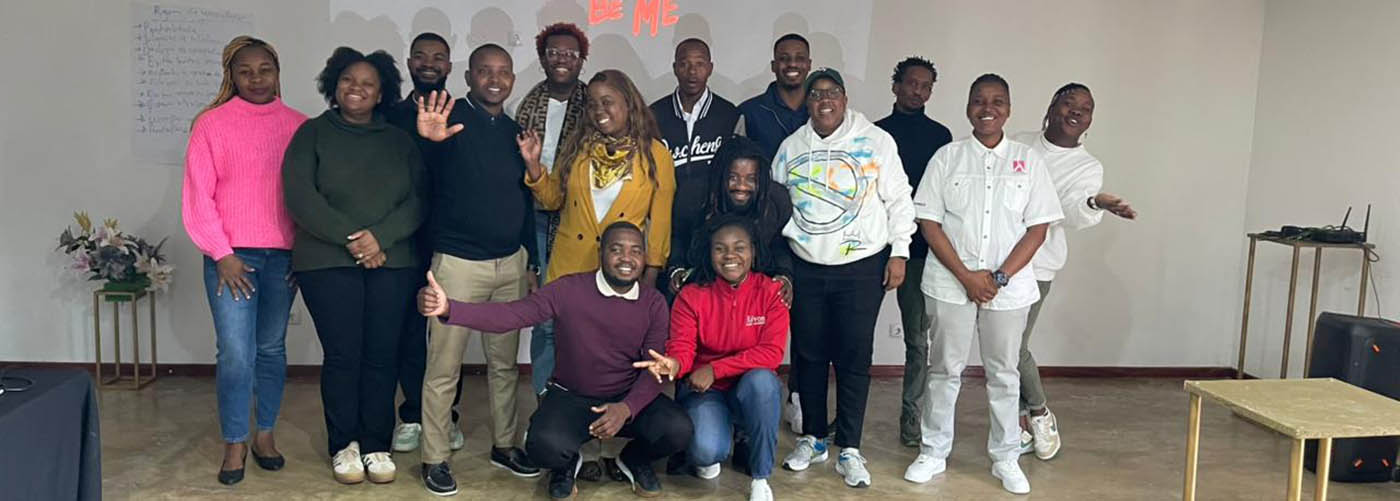Mozambique is facing a severe political and social crisis following the October 2024 elections, marked by violence, repression, and a heavy police and military presence, especially in Maputo. This has created a climate of fear, disrupting commerce and public transport and worsening economic hardships for citizens. Businesses are struggling, and unemployment has risen, disproportionately affecting the already marginalized LGBTIQ+ community.
Despite systemic challenges, LGBTIQ+ activists and organizations have actively participated in demonstrations, advocating for justice, equality, and transparent governance. Their involvement highlights the interconnectedness of human rights struggles, emphasizing that true progress requires inclusive reforms. However, political instability has further restricted their access to healthcare, heightened stress and anxiety, and hindered advocacy efforts, leaving many reliant on informal businesses to survive amid reduced demand for services.
In response, the LGBTIQ+ community has shown resilience, adopting various digital security strategies such as encrypted communication,activating online solidarity groups, and leveraging on online platforms for support and advocacy to ensure that their work continues even within the political unrest. Organizations like LAMBDA provide critical services, including legal, psychological, and health assistance, while also addressing immediate needs like food and shelter for community members at risk.
The LGBTIQ+ community’s solidarity and advocacy during this crisis underscore the importance of inclusive approaches to social progress, offering hope for a more just and equitable Mozambique.




